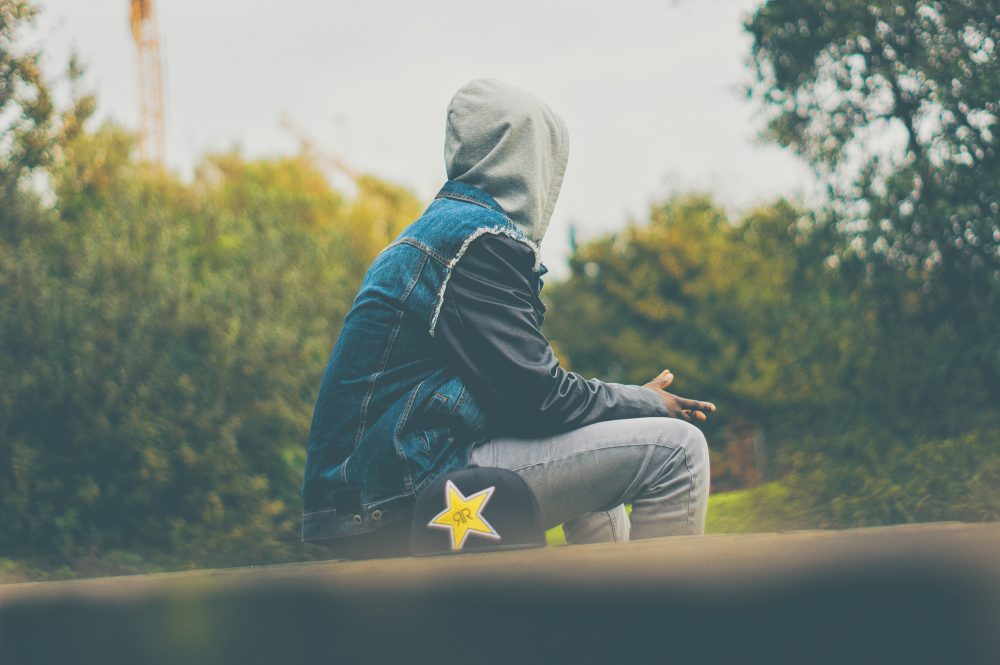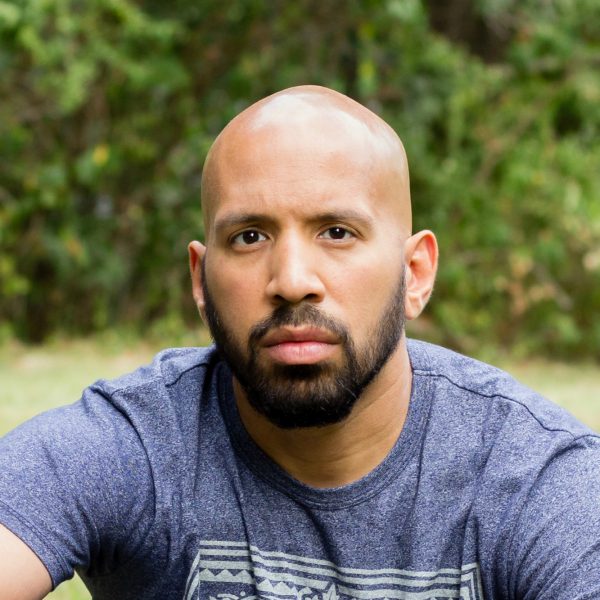Advertisement
Anger In Aisle 3: Worlds Collide Amid The Overpriced Organics

COMMENTARY
To the woman in the grocery store who touched my baby: Don’t do that.
You don’t know if I’m a borderline germophobe, a borderline agoraphobe or just plain borderline. You don’t know if I had a family member touch me as a child in the way family never should. That I won’t let my aging mother hold my son for fear she might drop him, and you just touched his feet.
I don’t know that you don’t have a cold, that you didn’t just grab packaged meat with your bare hands, that the person that handled the dollar bills incubating in your front pocket didn’t wash their hands after they used the bathroom.
I understand that you can’t help but reach for him, because you don’t fear him. Yet.
I don’t know how you voted.
But when you flash that sneer of righteous indignation when I ask you, with much more politeness than I owe you, not to do that?
I know you.
You think you’ve got the right. And, believe it or not, I understand.
I understand that the enchanting little hoodie that he’s wearing, the one that frames the pale eight-month-old cheeks you’re reaching to squeeze, won’t be so enchanting when he’s 18. When his hair thickens and his skin gets a little darker. When his nose and lips get a little more like Daddy’s, a little wider, a little fuller. When he’s walking down the street in your neighborhood, with his hood pulled up for the same reason as it’s pulled up now. Because it’s cold outside. Because he just feels like it.

I understand that you can’t help but reach for him, because you don’t fear him.
Yet.
See, my mother, like you, is a white woman. My wife is, too. And so my son looks just like me, but he doesn’t really look just like me. Not in the ways that matter to you. But I despise confrontation, and so I talk to you in the least threatening way possible, talk the way you talk, though at times it feels like another language. Depending on where I am it, it is.
Maybe I made you too comfortable. Maybe I was asking for it.
I call my mother and ask her: Is it me?
She says, "Son, you been had. Hoodwinked. Bamboozled. Run amok. Led astray. You didn’t land at Trader Joe’s, Trader Joe’s landed on you."
My fingers snap like a shade that’s been yanked and lets the light flood in, and I say to myself: That was the look. That twitch of the lip. The raised eyebrows. The hand on your chest, as if to say, I never.
You never because nobody else before me ever. That’s the problem.
One polite request not to invade my son’s personal space and suddenly you see still just another angry black man.
By the way, I’m taking that phrase back. You can’t have it anymore. Why can’t I just be angry? Instead you devalue my basic human emotion that I have every right to have by assigning it a color. You perpetuate a stereotype that justifies violence against us, and fear. So that I have to be conscious of not appearing too angry, which in turn, emasculates me, which gets me right back to you touching my baby.
Let’s start over.
Because we are not enemies, but friends. Our better angels, and all that.
...you know that beyond those walls, this land is your land, this land’s not my land, from California, to damn near everywhere.
Next time, before you reach, stop. Consider that while your hand travels that space that privilege occupies, before wiggling some child’s toes, before pinching her thighs, what it would be like. What it would be like if you were with your baby in an all-male, all-black, all-Latino, all-Asian, all-transgender, all-gay grocery store, and one of us came reaching. Can you feel the anxiety welling up? The discomfort you’d feel in saying, in asking, please not to do that?
Even in that fictional land of overpriced organics and artisanal breads, you know that beyond those walls, this land is your land, this land’s not my land, from California, to damn near everywhere.
Now, imagine that land’s gone.
Now, at least a little, you know me.
But you still can’t touch my baby.
